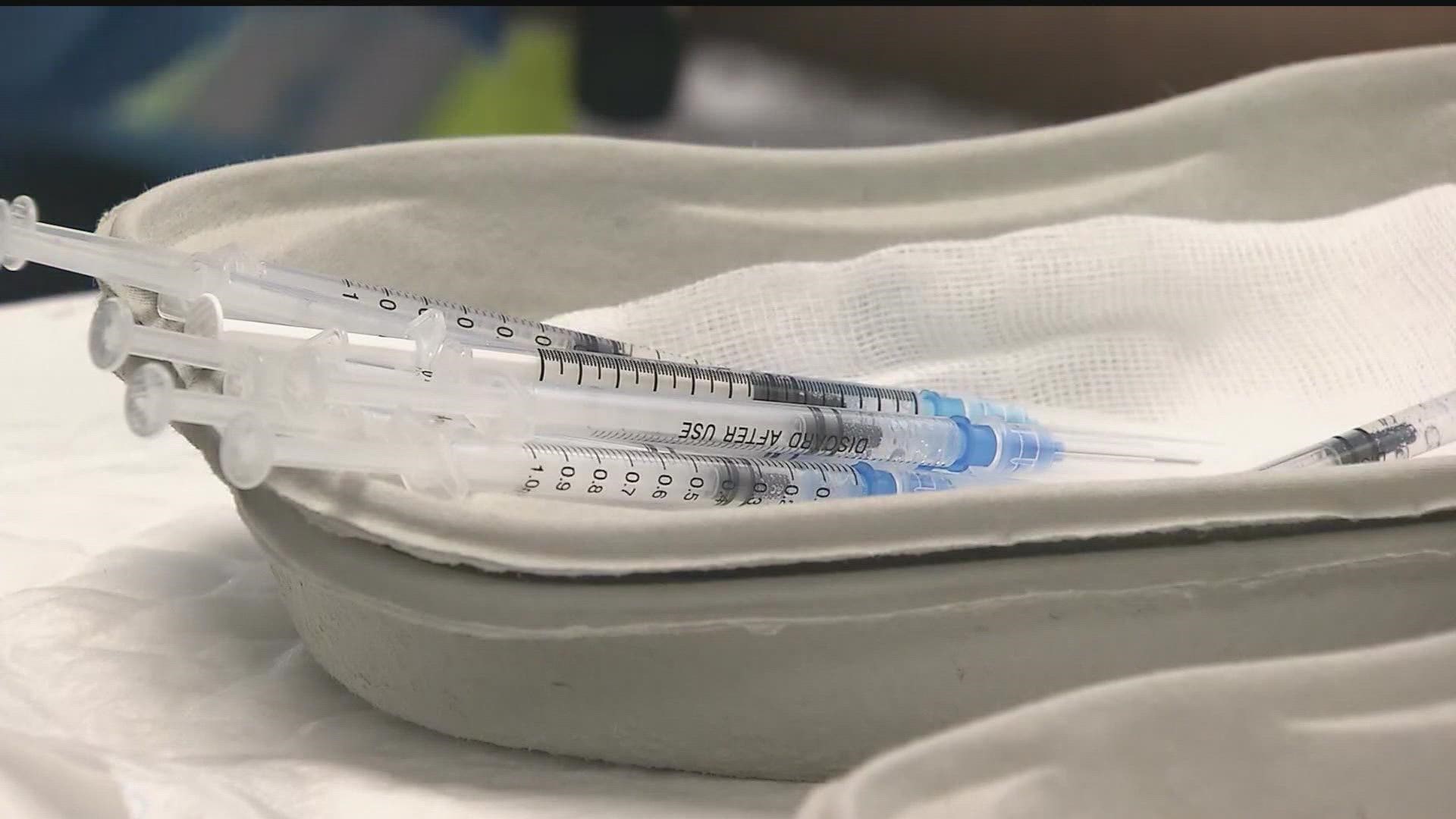MINNEAPOLIS — Let's talk boosters. Currently as things stand with the Centers for Disease Control and Prevention, one booster is recommended for everyone five years and older.
Two boosters are recommended for folks who are 50 years and older and some people ages 12 and older who are immunocompromised.
But University of Minnesota infectious diseases expert Dr. Beth Thielen says guidelines COULD change soon.
"Looking ahead based on the guidance that we have it does look like we're probably going to have some boosters that have additional sequencing variants included as soon as this fall if everything goes to plan," Thielen said.
In terms of the coronavirus subvariants, it's spreading. Thielen said the recent data shows majority of the infections are caused by the Omicron sub variant BA.5.
According to the Minnesota department of health's COVID situation report, more than 54 percent of infections identified in the final week of June in Minnesota involved people who had been both vaccinated and boosted.
Hospitalizations in Minnesota have also remained steady, with 406 on Tuesday and 35 deaths over the past week.
That brings us to testing.
Americans are currently eligible to order a 3rd round of at home tests from COVID.gov.
After that, folks will have to rely on finding tests in stores and pharmacies or on community testing sites.
In terms of whether tests can pick up the omicron variants, the FDA says "Early data suggests that antigen tests do detect the Omicron variant but may have reduced sensitivity."
When it comes to molecular tests, there are a few that are expected to fail at detecting subvariants.
So how concerned should we be about these tests failing?
"That is something our testing labs are really keeping a close eye on, they're sequencing a lot of the viruses and really collecting good data on how the tests are performing with the circulating variants," Thielen explained. "So certainly something to be vigilant about in the future but I think so far our tests have not had major shortcomings in terms of missing detections because of those mutations."

